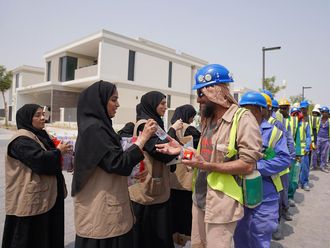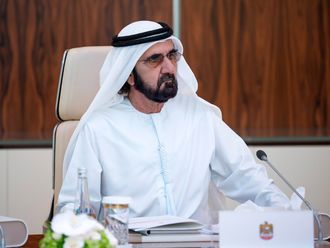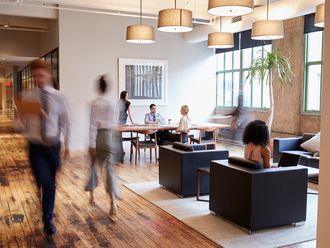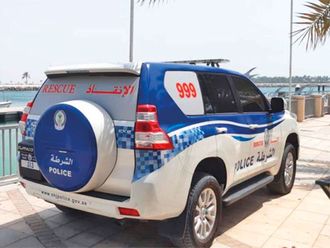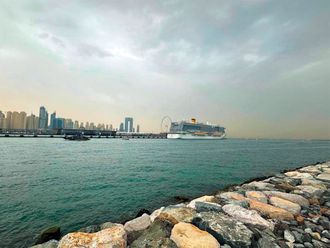Abu Dhabi: While the government and ministries and the Federal National Council have executive and legislative roles respectively, people have the tendency to confuse the two, an official has said.
Seeking to put plans into actions to meet people’s desires is not the FNC’s responsibility, Saeed Al Gafli, assistant undersecretary for FNC Affairs said. “People are often unable to differentiate between the role of the FNC and that of the governments or ministries. The FNC looks into Emiratis’ needs and demands and pushes them forward to the government and ministries, both of which can put plans into place,” he explained.
Nevertheless, it is a two-way street, for the FNC to be able to escalate people’s wishes to the government political participation of Emiratis is required.
Accentuating the importance of political participation, which is one of the Federal National Council’s (FNC) main cornerstones this year, Al Gafli said that it should serve as a catalyst in encouraging a sense of national duty among UAE citizens.
Nationals should feel like they have a stake in Emirati society’s development, he added.
“And what is the Federal National Council for? It is a council that is a reflection of people’s political participation, the voice of the nation that acts as a messenger between citizens and the UAE’s government,” he added.
Voting process
On October 3, 36 centres will be open for nationals in the UAE to cast their vote and 91 embassies across the world for those voting abroad. Al Gafli said this year’s voting process is electronic; however, it will remain paper-based for nationals residing abroad.
“At first people used to oppose using electronic voting as it wasn’t trusted. After the past two experiences, we saw that electronic voting was the ideal way of collecting the number of votes,” he added.
“Also, through electronic voting, people can vote from any centre across each of the emirates, as opposed to previous editions when it was paper- based and people had to vote from one centre and only for candidates in their emirate.”
Shedding light on how the UAE is making great strides towards gender equality, Al Gafli said that this year’s elections also encourage women’s participation.
“The number of women voters continues to increase every year. In 2006, we had about 1,162, in 2011 we saw it go up to 61,683 and this year, women voters make up 48 per cent, amounting to a total of over 107,000.”
As far as some of the dos and don’ts are concerned, Al Gafli warned that elected candidates should refrain from making any promises that are not achievable or feasible, using religion or tribes to deceitfully influence people’s decision, uploading photos or any campaign-related materials in prohibited areas or government-owned districts or using schools or mosques to promote a campaign, among others.
Maisoon Mubarak is a trainee at Gulf News




